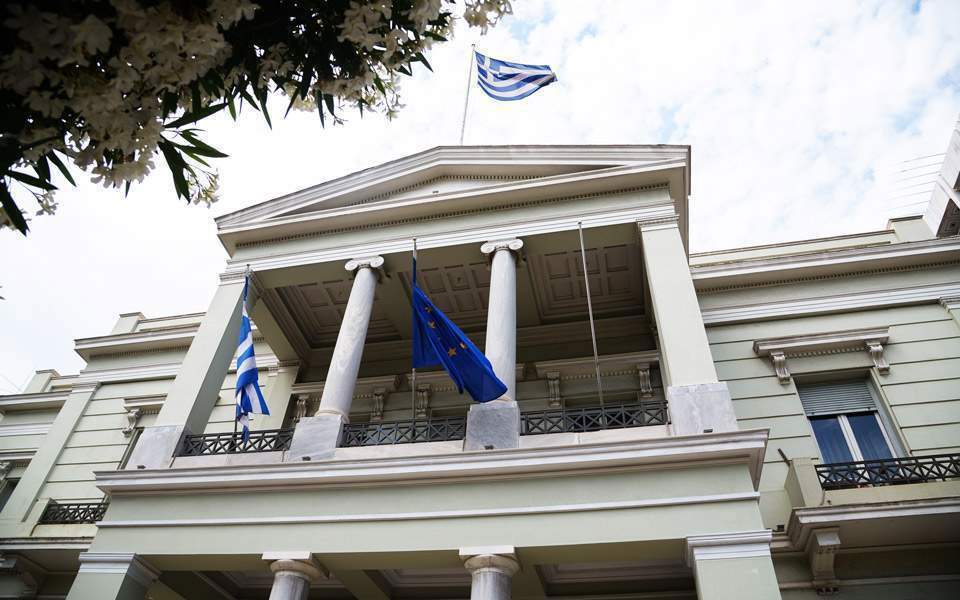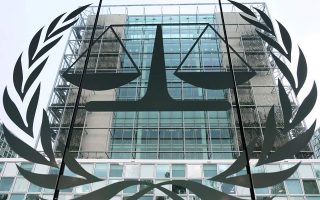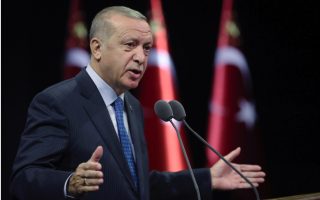Holbrooke and Greece today

Once, in the not so distant past, Greece was part of a series of problems in its region. The international community did not necessarily focus on who was responsible for them. It just saw a reality in which our country had disputes, small or big, with almost all of its neighbors.
I remember a conversation towards the end of the 1990s with late US assistant secretary of state Richard Holbrooke, who was responsible for Europe. It was during the Kosovo War and the conversation focused on Greece’s opposition to the NATO intervention.
Known for his strong views and the straightforward – if not brusque – manner in which he expressed them, Holbrooke started by saying that he understood the ties of friendship with the Serbian people and the cultural/religious connections, before going on to criticize the Greek attitude.
I tried in vain to emphasize Greece’s important role as a pillar of stability and peace in the Balkans, stemming from its democratic system, its economic power and its equal participation in the European Union and NATO.
I do not recall his exact words, but he told me something along the lines of: “I hear you talk of Greece’s role, but I see that it has problems with every country around its borders. And do not talk to me about Turkey, which I understand, because it is not just Turkey. You also have the name dispute with Skopje, where I had to intervene. You have problems with Albania where you asked me to intervene even for the release of the five leaders of the Omonia organization [the ethnic Greek group who were arrested on charges of high treason]. And I did. The thing is, you have problems with everyone.”
So, could it be that the others were not the problem? Was it us? Even if we believed we were right, in the eyes of a top American diplomat who was responsible for our region, we were part of the problem.
Almost a quarter of a century later, things are completely different. Greece has demonstrated that it is part of the solutions. It resolved the dispute with North Macedonia. One government signed the agreement, and another is implementing it. It reached an agreement with Italy, our friend and partner in the EU, on the delimitation of the exclusive economic zone (EEZ), demonstrating a flexibility that simply confirms that its priority is to ensure good neighborly relations, always of course guided by international law.
Greece also entered into a partial delimitation agreement with Egypt, proving once again that it is seeking solutions in good faith.
Now, after North Macedonia, Italy and Egypt, we have Albania. Just two days ago, during the Greek Foreign Minister’s visit to Tirana, we had another opportunity to confirm our policy of peaceful resolution, which is acquiring the characteristics of a national strategy. Greece and Albania have announced at this extremely critical juncture, that they will appeal to the International Court of Justice at The Hague for the delimitation of their EEZ.
In the past, some people in Washington and other major capitals directly or indirectly criticized “Greek peculiarity.” Today, Greece is proving its positive role. Without conceding any sovereign rights, it avoids creating tensions and problems, and it seeks honest dialogue and negotiations on the basis of international treaties, and in doing so contributes to finding solutions. No one can dispute that.





